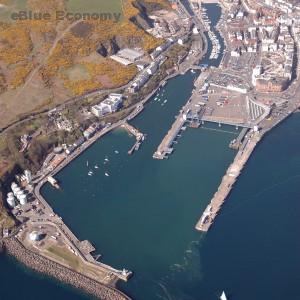The BPA says it has published research into mobile coverage and deployments in ports, undertaken alongside experts in digital connectivity, Telint.
Ports around the world are now increasingly taking advantage of new technology and UK spectrum regulations mean that ports are in a strong position to expand their connectivity. However, this report analyses the state of digital coverage experienced by UK ports and how this can be improved to remain internationally competitive with the ports in Europe and beyond, many of whom are already developing their own innovative 5G networks.
The report provides case studies of three European ports and provides an overall assessment of the mobile data coverage at over 30 UK ports.
Key Findings:
-
Better connected ports have an advantage as we approach the second digital revolution
-
Digitalisation of ports will allow them to operate more autonomously and efficiently. 5G will be the catalyst for such innovation, but the current priorities of mobile operators do not readily lend themselves to providing coverage at ports
-
In the UK, plans to switch off old copper networks altogether will accelerate the pace of change. However, ports may find it necessary to actively explore improvements to their fixed connectivity, rather than waiting for infrastructure providers to update their tech, as poor connectivity may result in a loss of competitive advantage
 .
.














